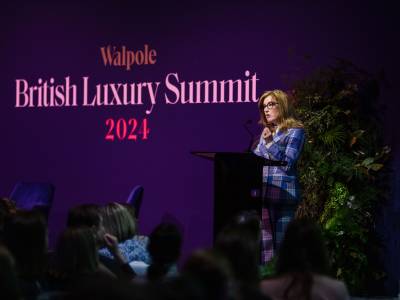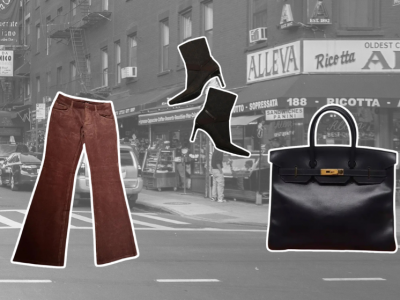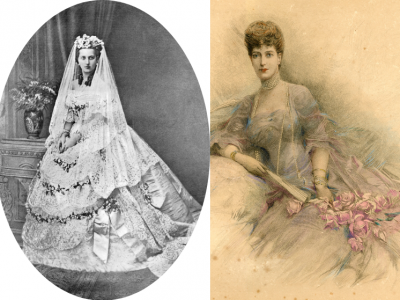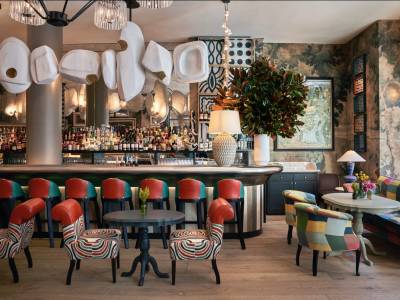Luxury is an industry that clings to tradition, so a question that always lingers is: where is luxury heading next? Walpole’s British Luxury Summit brought together some of Britain’s most established names in luxury to answer this very question. This year’s summit heard from forward-thinking fashion label, Stella McCartney as well as notable names from Burberry to Belmond and Jaguar Land Rover.
What is in store for the Future of Luxury?
31st May 2024
What is in store for the future of luxury? The Walpole British Luxury Summit 2024 has set out to answer the very question. Featuring speakers from brands including Stella McCartney and Jaguar Land Rover, current leaders in luxury business took to panels to discuss a plethora of topics from the future of sustainability to customer experience innovation and the importance of Gen Z moving forward.
A word from Walpole's CEO
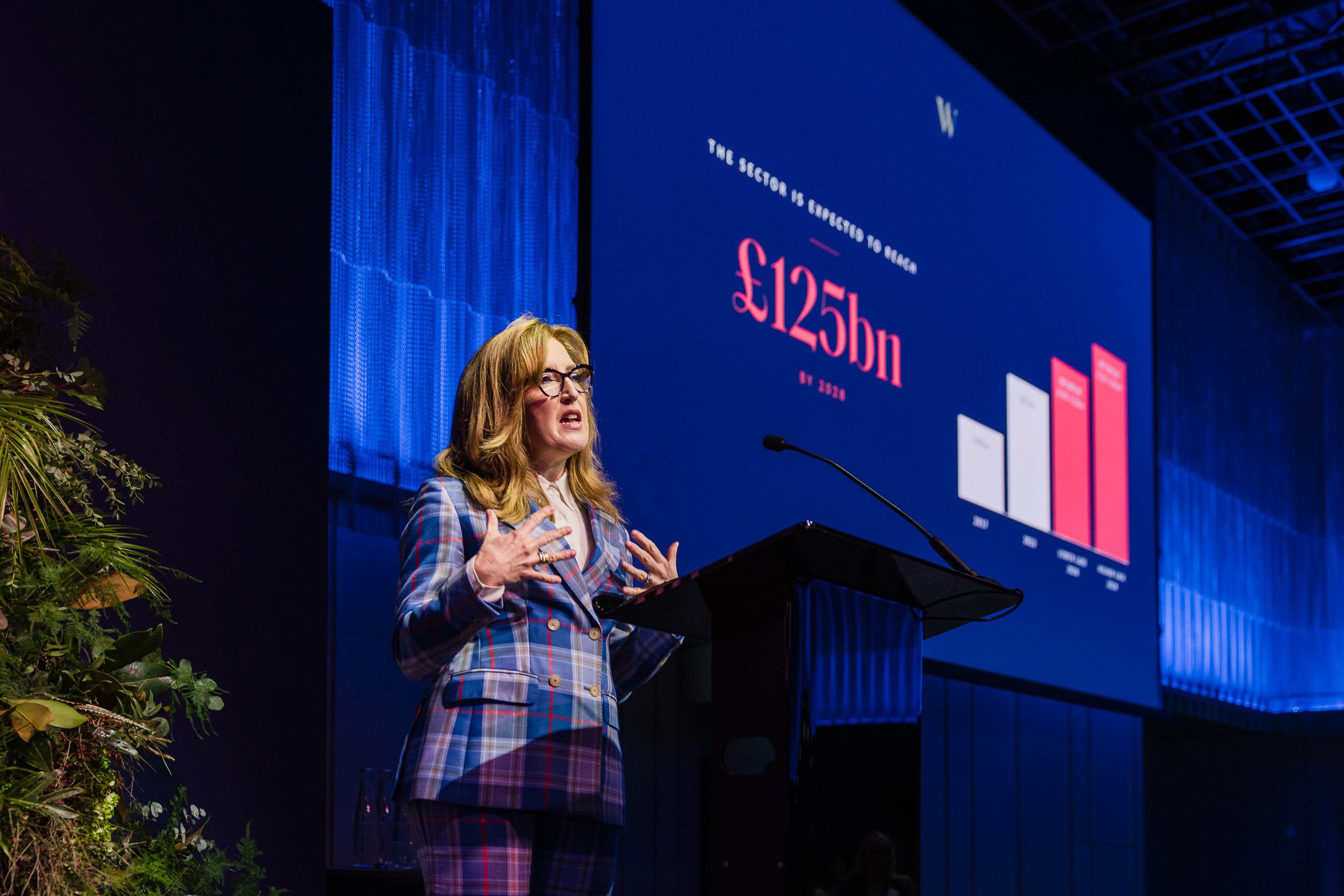
The summit kicked off with a word from Walpole’s CEO, Helen Brocklebank. Who, whilst the main event tackled the future of luxury, posed the question of whether ‘luxury matters?’ The bottom-line communicated was that luxury matters to those involved in the industry but should also matter to everyone. It’s a sector that is ever-growing and has evolved to overtake the numbers working in the UK life sciences industry. ‘One in ten of all new jobs created in the UK over the past five years has been in British Luxury,’ says Brocklebank. So, does luxury matter? Yes. From its huge contributions to the UK economy to its display of strong fundamentals and relentless commitment to growth. Luxury matters, and it is here to succeed. However, the summit is created to ensure no luxury business succeeds alone. “We’re here to strengthen the power of this incredible community. I hope you left this year’s summit inspired to evangelise for your sector,” Brocklebank finished with.
The future of sustainability in Luxury
It's no secret that Stella McCartney was on the side of sustainability before being conscious of sustainability became a requirement for businesses to stay present. Always pioneering sustainable and ethical fashion practices from the get-go, standing out in what was then a highly fast fashion-centred industry. CEO of Stella McCartney, Amandine Ohayon was in conversation with London Bureau Chief of WWD, Samantha Conti. The discussion was led by comments from Ohayon, stating that sustainable innovations are “of course all well and good, but without a strategy to turn those innovations into sales, the business will fail."
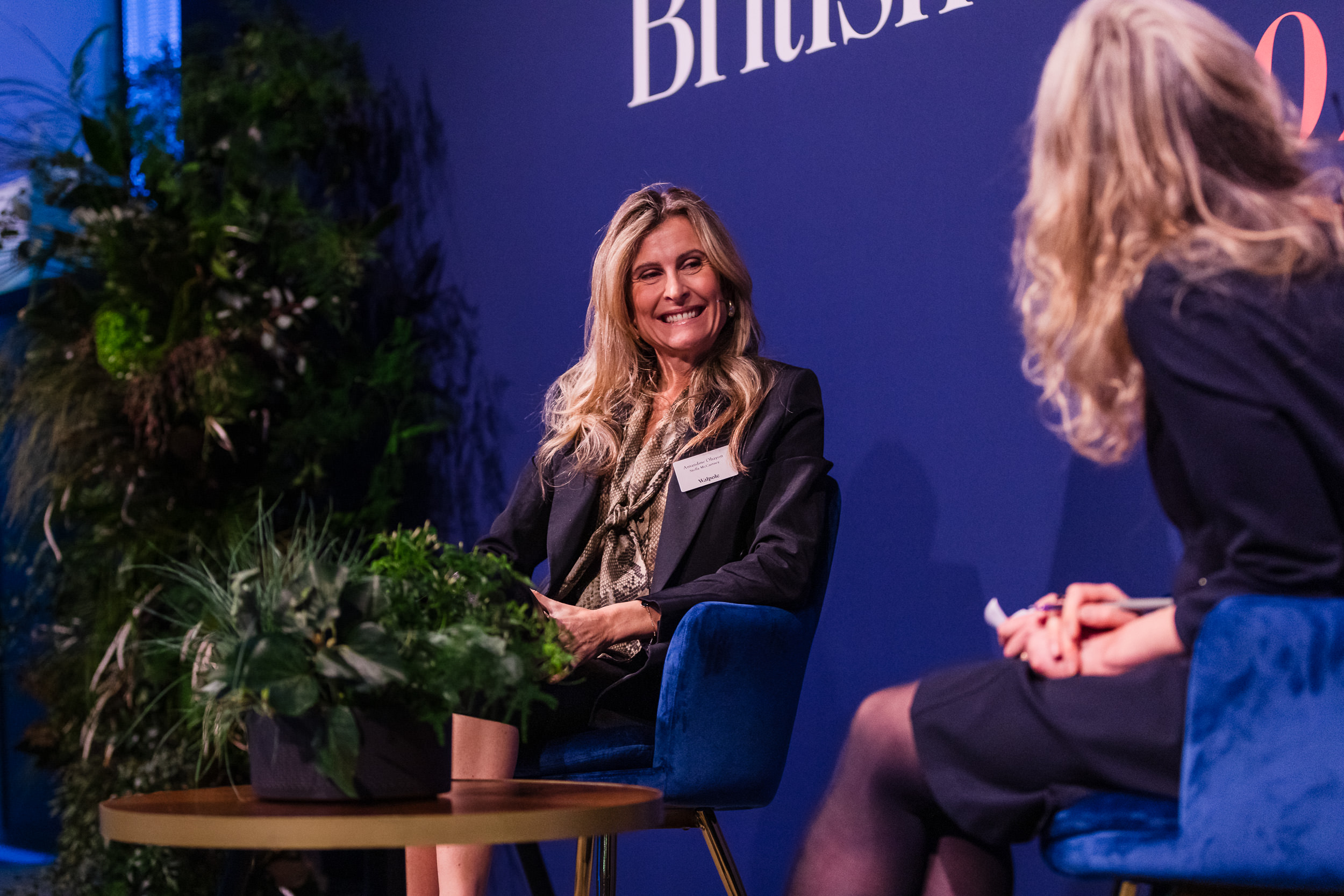
Ohayon also spoke on the future of luxury retail from the perspective of Stella McCartney. Sharing the fashion brand’s plans to transform their retail stores from being a place purely for commerce, into a place that can also provide education and storytelling to guests. “We’re not here to preach. We’re not here to make people feel bad. We’re here to show that there is an alternative way, and the more people who adopt it, the better it will be for the planet,” Ohayon clarified.
Making a switch to sustainability is something that not only has a positive impact on the customers but on the business themselves. With 60% having significant value to gain from improving biodiversity practices. A fully female panel featuring businesses varying from spirits to skincare, spoke in conversation with McKinsey & Company's Jason Eis. Sharing how each of their brands strive to place biodiversity at the forefront of their image. CEO and Co-Owner of Neal’s Yard Remedies, Anabel Kindersley, says that their customers come to them because they “want a good product that works." Their entire product portfolio boasts ingredient lists of purely organic contents with this very aim in mind. “We want to demonstrate that you don’t have to compromise your ethics and your standards to have high-performance skincare,” states Kindersley.
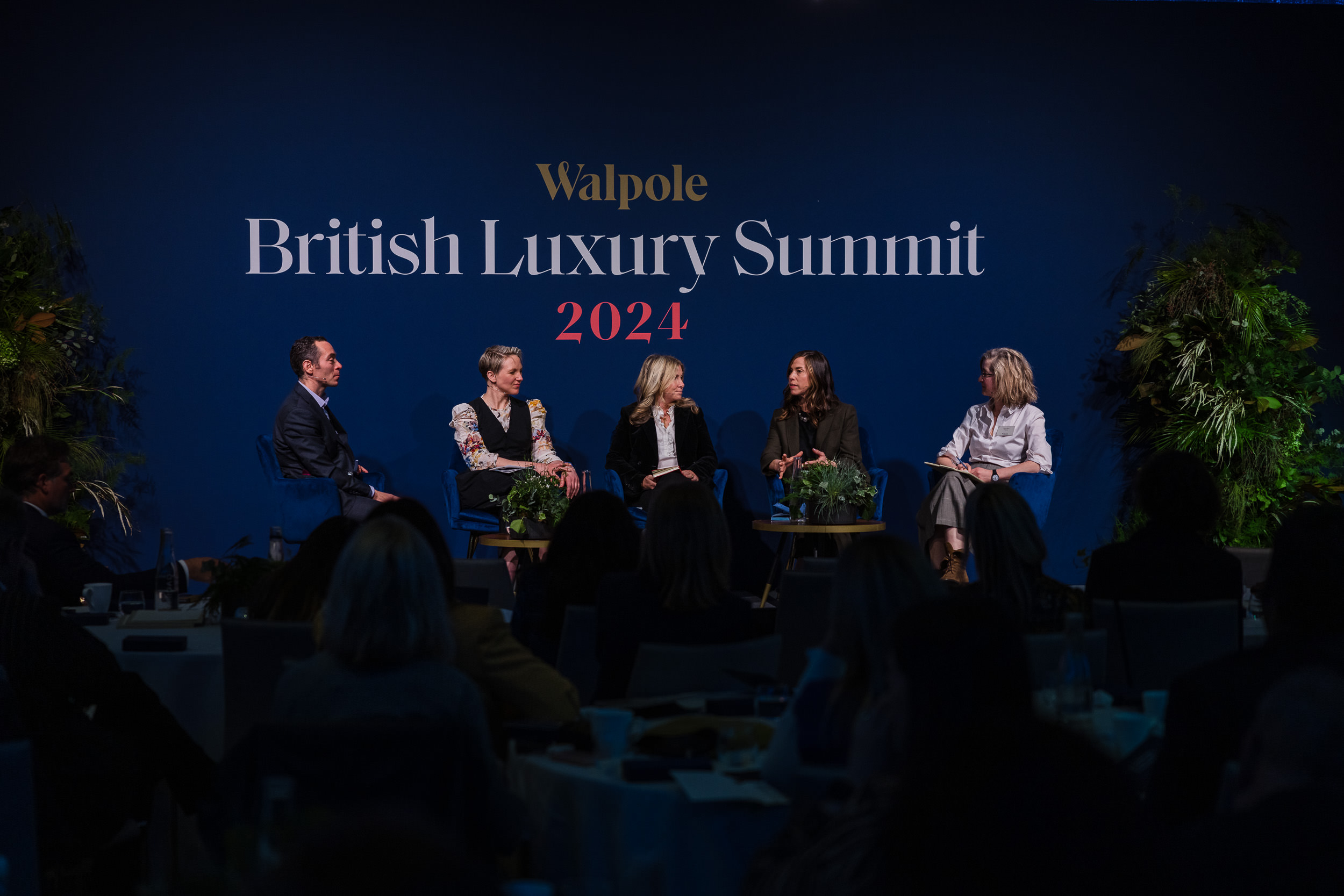
Another business on the panel, The Glenturret Distillery, takes a stance on the side of sustainable distributors and suppliers. Ensuring to seek out suppliers who can prove their environmental responsibility. Whilst this move does result in a cost increase, Baernruther believes that, “as a luxury business, it’s our gift to be able to do that.”
With the introduction of new sustainable practices, comes new challenges to tackle as a workforce. Jaguar Land Rover (JLR) are currently in the process of transforming all of their factories from traditional car manufacturers into EV plants. With 12,000 mechanical engineers under their wing who are highly skilled in the original processes, JLR are going through the hefty process of re-training all of them from scratch. Displaying both a profound level of support towards their employees and an incomparably loyal team of workers. “We are doing a lot of training, reskilling and upskilling because there are people who have been in the company for 20 or 30 years. They are so loyal and so committed,” says Executive Director of Strategy and Sustainability, François Dossa. “We are putting in place programmes and investing a lot so that we are sure they can transition into new jobs with us.”
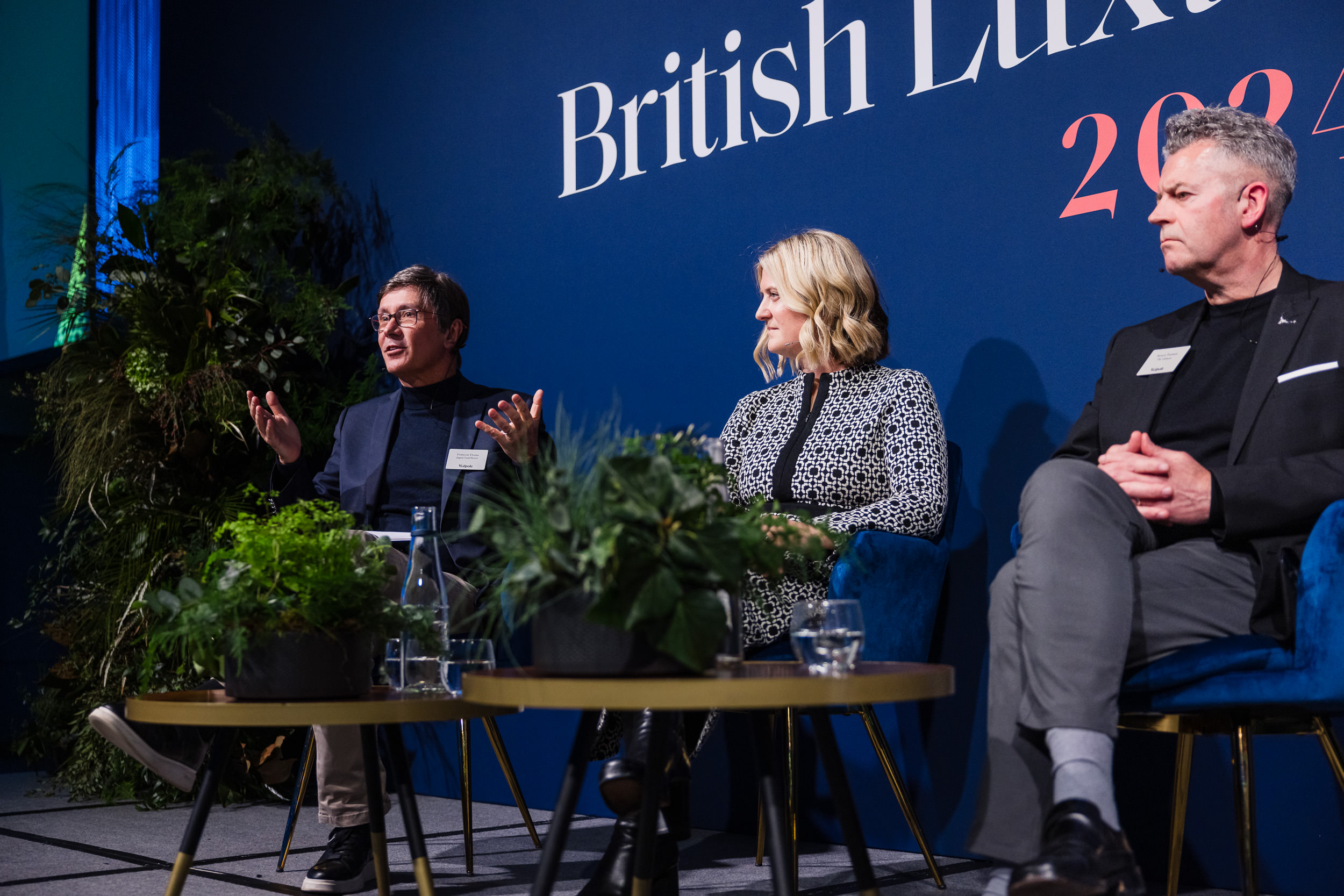
The eco-conscious concept of circular fashion is being flaunted over socials and is on the rise as a result. Whilst luxury items appear on Vinted and Depop, consumers tend to opt for platforms such as Sellier and The Vestiaire Collective for a more specific selection of pre-loved high-end fashion. Whilst popular and even trendy in the UK. The concept has not landed so well with GCC consumers. According to Jasmina Banda, Chief Strategy Officer of Chalhoub Group, there are several reasons for this. “Number one is the stigma. It is not socially acceptable to wear something that someone else has worn. The second reason is that it’s a very polarised society, so (the wealthy) can afford first-hand goods. There’s actually a very small market for pre-loved,” Banda explained. Despite being against the buying of pre-loved items, 50% of these GCC consumers have said they would be interested in selling. Leading Banda on to mention that “while progress is slow, the mentality around circular fashion is changing.” Additionally, the GCC being a rich region for sourcing high fashion pieces to then sell in other markets will come as a strong strategic advantage.
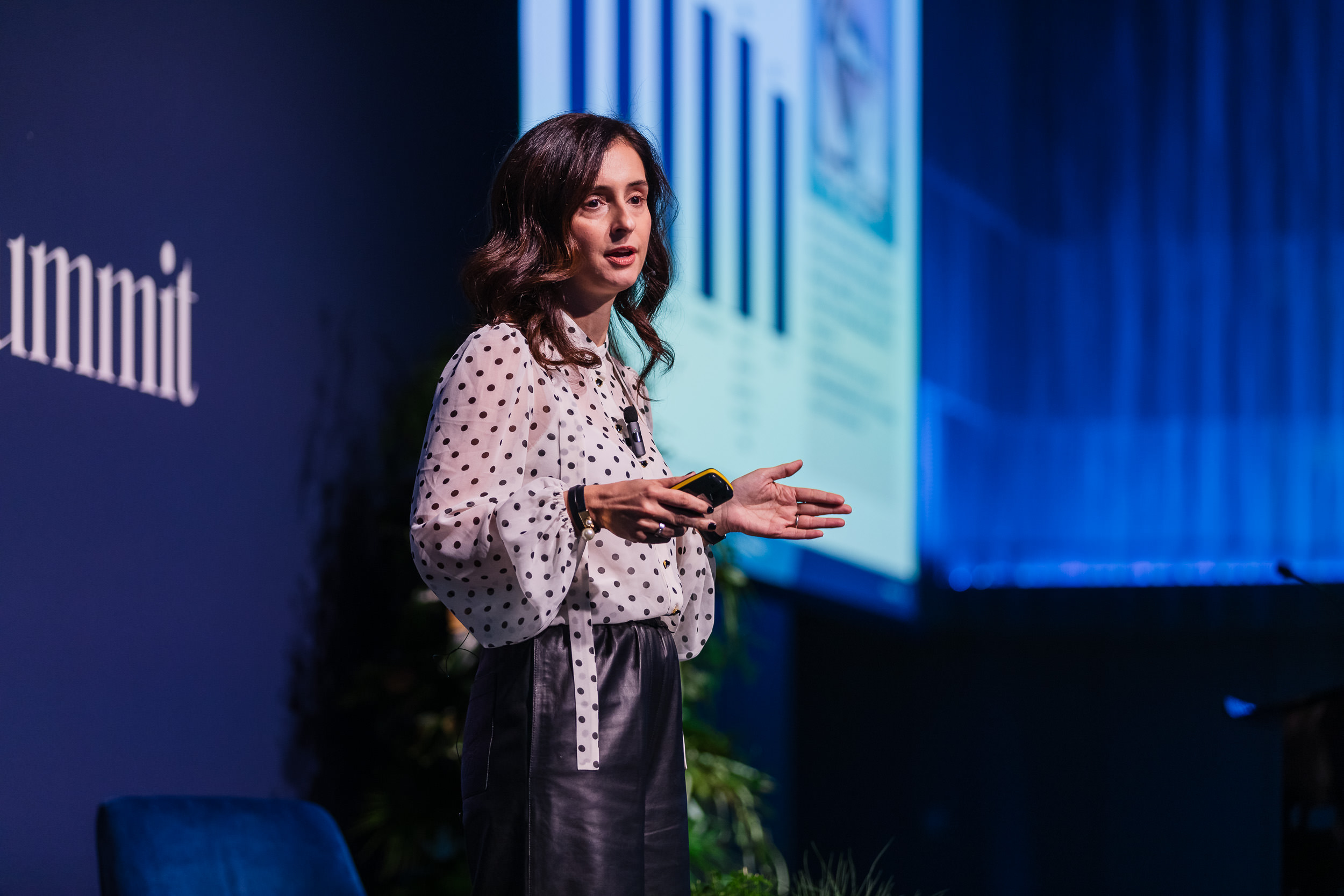
Where does Gen Z come in?
As we turn to face the future, opinions continue to inevitably evolve. A lot of this need for change radiates from the opinions of Gen Z, a generation that businesses must pay attention to as time moves forward. In order to stay afloat in this ever-changing climate of attitudes, many businesses are striving to please the hypercritical views of Gen Z. With that being said, Carlo Moltrasio, Associate Partner of Bain & Company has cautioned companies not to discount Millennials in this process. Who are about to experience the biggest wealth transfer of their generation.
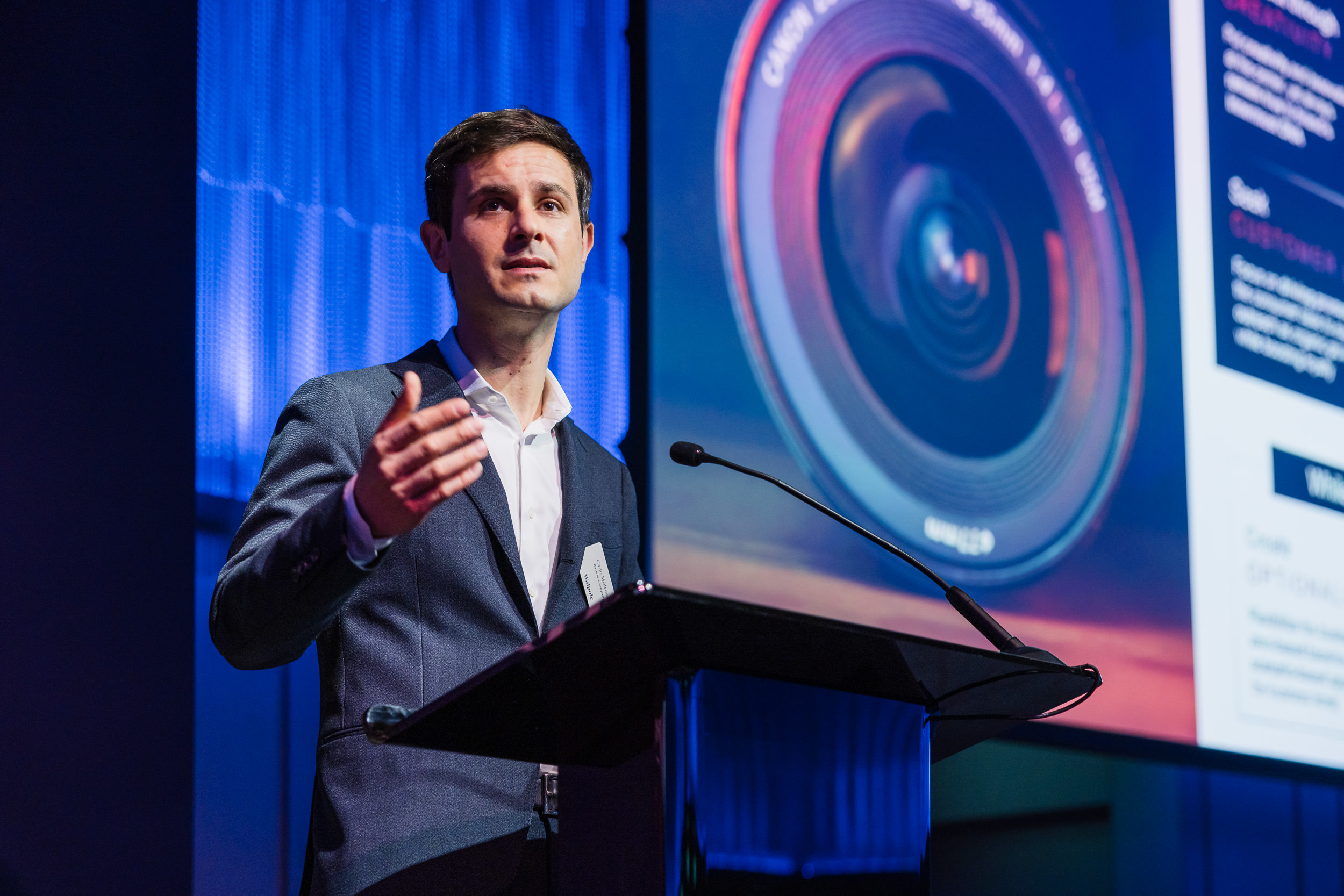
Explaining that whilst the base of Gen Z customers continues to grow, this fresher generation is only just starting to catch up to Millennials’ (Gen Y) luxury spending. Moltrasio highlights the importance of understanding each generations attitudes to luxury in the coming years. Stating that, “Gen Z will tell you that luxury has to be quality, excellence, emotion-driven and also inspirational”. Whilst, “an older generation will tell you that luxury is about quality, excellence and scarcity. Millennials will tell you there’s also an emotional component that needs to be relevant to their lives.” It's important to take all of these attitudes into consideration when looking forward into the future success of a luxury business. Not solely focusing on pleasing Gen Z consumers.
Post-Pandemic Shifts
Now we are multiple years post-pandemic and luxury has successfully bounced back, for the most part. What's important to note is that now things have to returned to a form of normality, people's behaviour has altered and so demand for different luxury goods has shifted. Moltrasio flags that,"experiences are on the rise and that this is being reflected in the luxury goods people are purchasing. On top of this is travel. Almost returning to pre-pandemic levels and now accounting for around 30% of the market. Reportedly, we have also seen a turn towards buying from monobrands, as consumers continue to edge away from multi-brands and department stores.
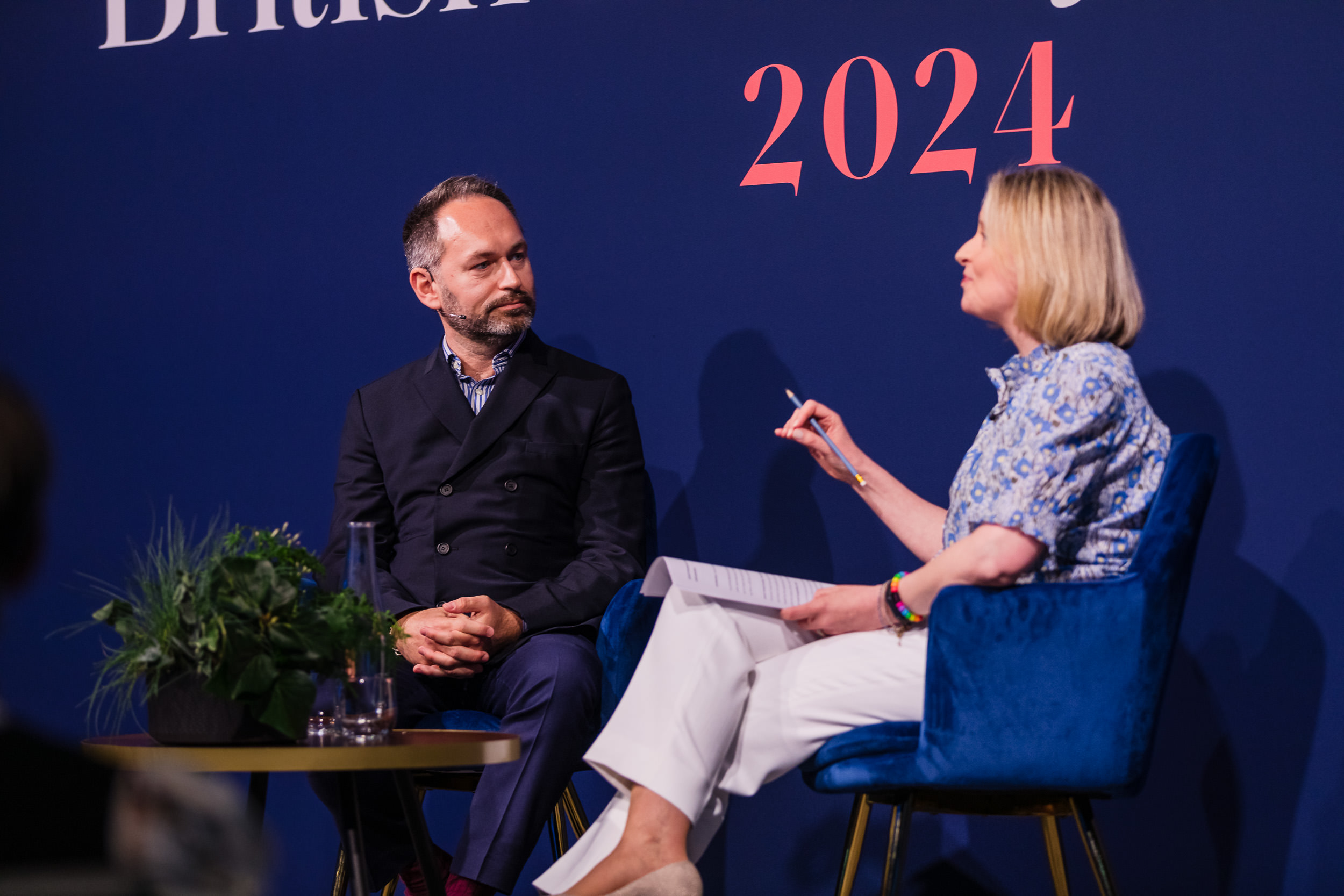
On the topic of travel being on the rise, Arnaud Champenois (Senior Vice President of Global Brand and Marketing at Belmond) speaks on the luxury travel company’s lengthy journey to global success. Champenois shared that an integral step towards Belmond’s diversification of its business touchpoints was through its acquisition by LVMH in 2019. Helping the brand to make its way from being a travel brand to really becoming a lifestyle brand. “Travellers today really want to get under the skin of the destination, they want authenticity, they want to connect with locals, they don’t want to be a tourist anymore,” explained Champenois. Due to this switch of perspective from consumers, Belmond are wanting to continue growth as a lifestyle brand and want to create engagement between staff and guest. “We want to put personality at the heart of our service culture,” says Champenois.
Customer Experience Innovations
Simply walking into a shop, purchasing an item and waltzing back out again is not enough for some these days. At least in luxury. When it comes to customer experience, there is so much room for innovation. Giorgio Belloli, Chief Digital, Customer and Innovation Officer at Burberry spoke in conversation with Kirsty McGregor, Executive European Editor of Vogue Business to share how Burberry is making moves to innovate their customer experience. “It was very interesting to see how little people were engaging with us,” Belloli said. “You buy a trench coat for life, so you had people who were not coming back for five years because they didn’t have to.” To tackle this, Burberry began a robust product strategy which saw the launch of a series of new services.
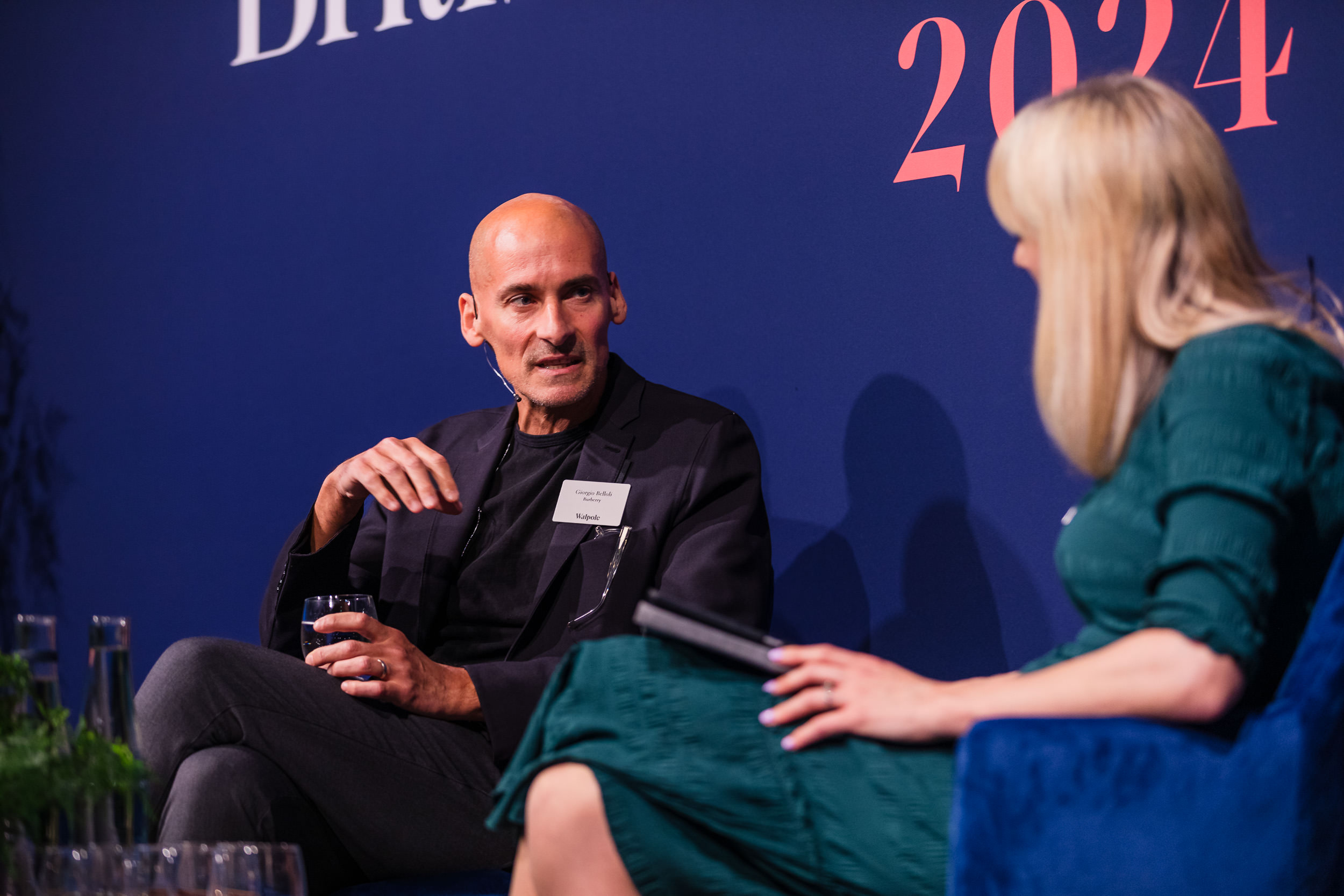
Their ReBurberry repair, recycling and resale programme simultaneously incorporates sustainability into their brand image. These services aren’t aimed at increasing sales, but solidifying customer’s loyalty to the brand. Alongside these services have been a roll-out of adventurous marketing campaigns. Including the ‘Burberry Streets’ takeovers in London, New York, Seoul and Shanghai. As well as the potential introduction of Generative AI allowing personalised communications, an addition which Belloli is particularly excited about. “The good thing is that technology allows you to talk to everybody, and to personalise the experience to each individual,” Belloli expressed.
